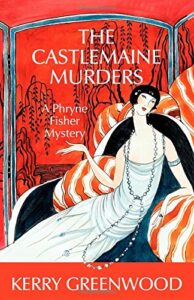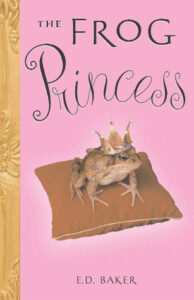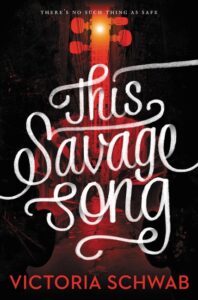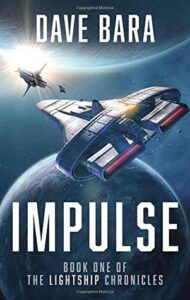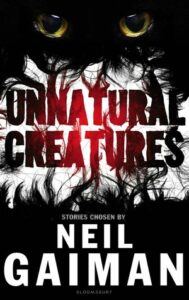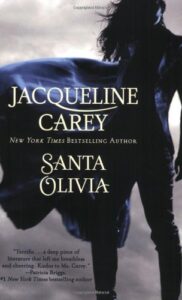 Santa Olivia, Jacqueline Carey
Santa Olivia, Jacqueline Carey
Santa Olivia was a reread, but it’s been a while — six (what?!) years, apparently. I never read the sequel, Saints Astray, so between getting that and having bought my sister the books for Christmas, it seemed high time to reread this and get stuck into Saints Astray. It was even more readable than I remembered — I’d have read it in a day if pesky life didn’t keep getting in the way. It takes a whole bunch of ideas — a faintly post-apocalyptic No-Man’s-Land in the Outpost, genetically modified soldiers, werewolves (sort of), boxing, coming of age, vigilantism, vengeance… — and makes a fresh, fun pageturner out of it.
And in case, like my sister, this is a draw for you, the central relationship is between two girls, and they eventually have a shot at a happy ever after.
The background is fairly nondescript, because the action is all confined to the Outpost and the inhabitants know little of what happens beyond the barricades. The important aspect is the characters and the interplay between them: the “orphans”, growing up together and trying out their strength, keeping each other’s secrets and having each others’ backs, and at the same time growing apart because they’re all so different. There’s people being good and people being assholes and people being caught somewhere in between and learning, a little, slowly, how to be better. There’s people being brave and people with no fear at all, and interesting discussions of how that affects each of them. All kinds of human emotions and motivations and tangles: that’s the draw of this story, even if the boxing and vengeance leaves you cold.
My one criticism is that it takes a surprisingly long time for Loup to really become the hero of the story, and she does so for entirely predictable reasons. You can feel those beats in the story coming way in advance. Maybe it’s just me, but I’m growing to wish it wasn’t always tragedy that motivates heroes.

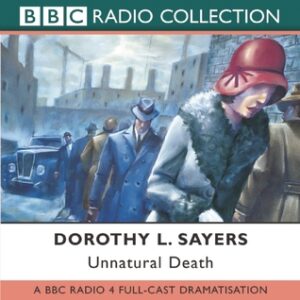
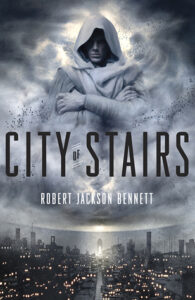
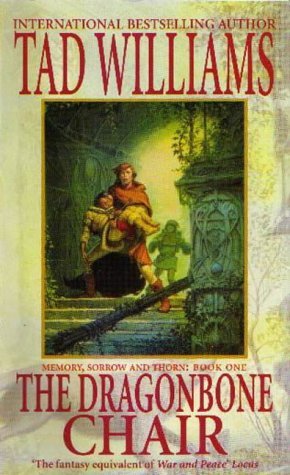 Memory, Sorrow and Thorn, Tad Williams
Memory, Sorrow and Thorn, Tad Williams